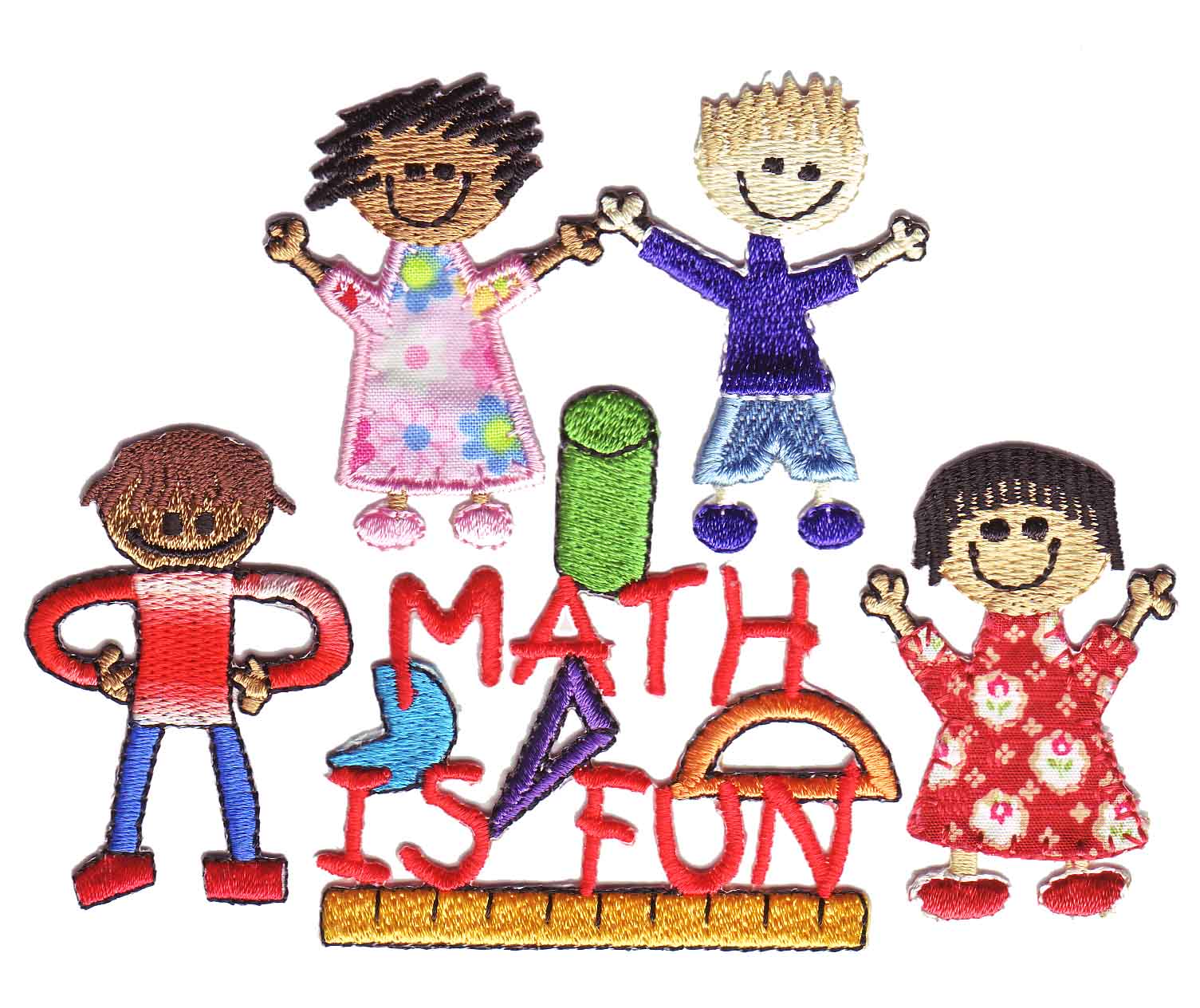
Where has this semester gone? As I sit back and reflect on everything that I have learned about mathematics throughout this course, I now have a better understanding of what math is and I have developed more of a liking to this subject than what I have before.
My greatest learning through this course this semester is a toss up between a few things that I have learned. However, when it's about teaching mathematics to children today, I have learned that you can have more than one answer for an problem and it is okay for answers to be right or wrong. I personally was never the biggest 'fan' of mathematics as I struggled with not understanding the material 100%. However when I got to university and was studying to become a primary/elementary teacher, I knew I had to force myself to try and work harder on my math skills because I knew I would be teaching mathematics to the future generations of this province one day. After taking this course, I now look at mathematics from a whole different perspective than what I was taught in the K-6 classroom while I was growing up. I was always taught and viewed math as being about rules, formulas, and there was nothing fun about it. It always involved worksheets, writing out formulas, and it just seemed as a daily routine in the class to me. Coming from a student who struggled with mathematics while growing up, I will be sure to look out and assist with my students who struggle with mathematics. As an educator, it is up to me to be a role model to my students and I want to be able to encourage them and inspire them to never give up on what is being taught to them. I want to ensure students that I am there to help them and I believe in them.
What I have learned in this course has left an impact on me that will stay with me throughout my teaching career. I have learned how to make mathematics fun and how it is taught in the classroom today. I now see math as a subject that can be taught to young children in a fun and creative way and as a educator I will be sure to do this in my classroom. From taking part in our math fair and peer math teaching activities this semester, I have also learned how fun math can be taught in a engaging way for students. I think that these two activities were great, educational, and a exciting way to get students involved. I will be sure to perform activities like these as a math educator and show students is important and fun.
I really enjoyed taking this course this semester. I feel that I have gained more confidence in myself and although I do not feel that I have a complete understanding about mathematics, I definitely have developed a better understanding than what I previously have. I feel that I am now more prepared to teach mathematics to primary and elementary students. I am really looking forward to teaching mathematics when I become a teacher. This course has benefited me in many ways and I will put my math teaching skills to the test during my internship this upcoming Fall.




